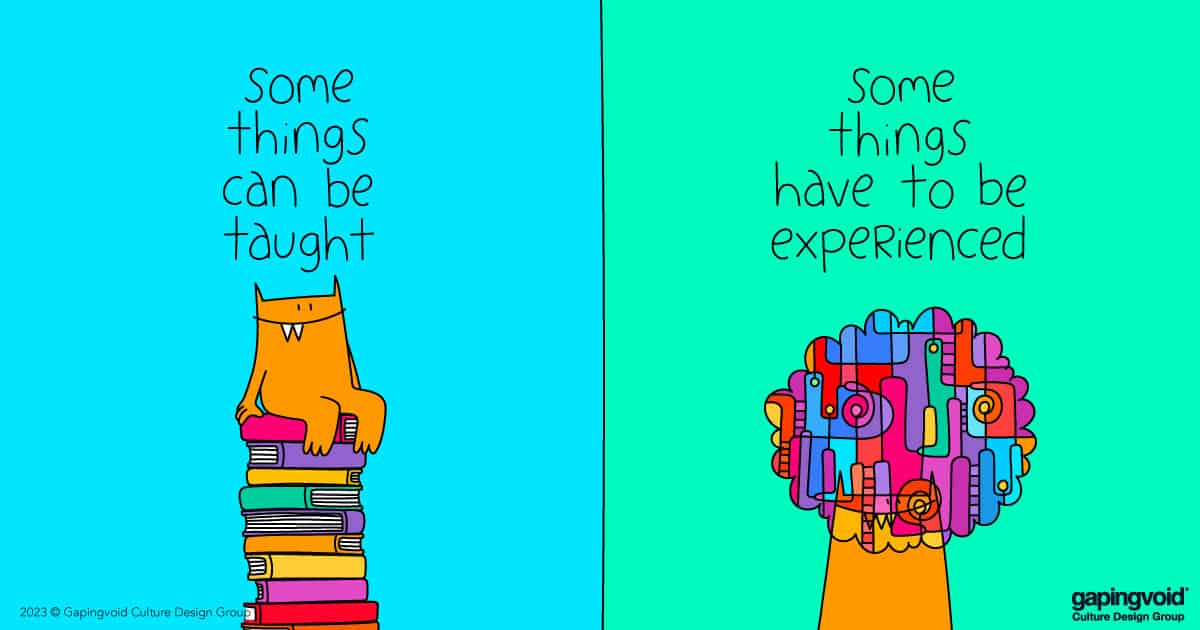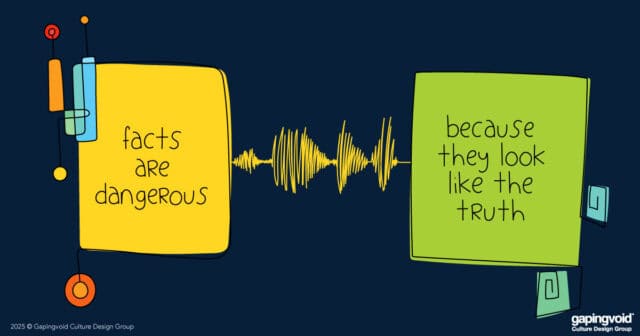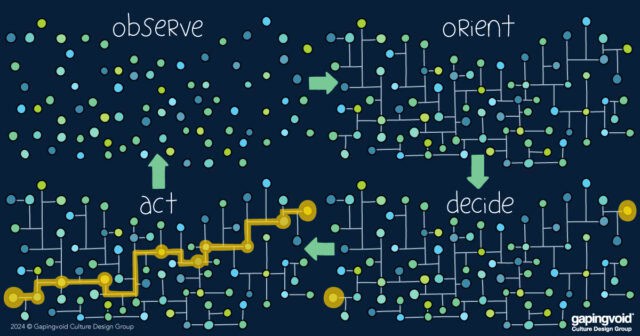
It’s one thing to learn everything there is to learn about being a surgeon. It’s another thing entirely to actually be one.
The same holds true for most jobs. We can empathize all day long, but there’s little substitute for direct experience. This is because knowledge in the form of mental models, while useful, is often imprecise, out of context, misapplied, or ‘easier known than implemented.’
Without direct experience, it’s hard to know in what contexts a model stops being useful. But then again, without the mental models, it can be hard to understand the patterns that emerge from experience over time. It’s the interplay between the two that drives excellence, striking Aristotle’s Golden Mean.
While both domains are essential, it’s usually when a leader lacks direct experience that they receive the most criticism. The new head of the New York Fire Department, Laura Kavanagh (also the first woman to lead the department) is experiencing this firsthand. While she has an impressive Ivy League background (mental model base), she has never been a member of a fire company, is not a native of New York, and has never run into a burning building.
All valid points.
But both sides of the balance matter. With new people come fresh insights. Sometimes, an outsider is exactly what an organization needs to overcome the curse of knowledge.
When evaluating someone for a job (especially a leader), it’s not just about what they know or what they’ve done. It’s about who they are as a person and what mindset they show up with.
Are they humble? Do they know their knowledge is limited, or do they ignore their blind spots? Are they open to criticism and committed to an idea meritocracy?
Ultimately, these are the far more decisive factors.




Street-smart people are learning things in the best way always.